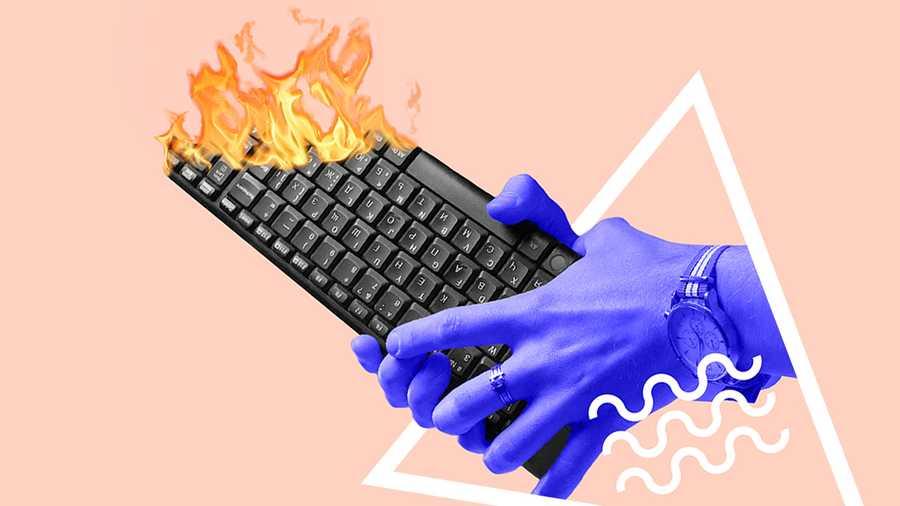Blame Culture Is Toxic. Here’s How to Stop It.
Curated from: hbr.org
Ideas, facts & insights covering these topics:
4 ideas
·541 reads
9
Explore the World's Best Ideas
Join today and uncover 100+ curated journeys from 50+ topics. Unlock access to our mobile app with extensive features.
How our brains respond to bad experiences
Research shows that the brain responds more strongly to bad experiences than good ones — and our memories retain them longer.
Five positive experiences are about equal to one negative one. This five-to-one ratio, discovered by psychologist and relationship researcher John Gottman in the 1970s, still applies to our present-day workplace.
9
157 reads
Humans are wired to blame
We are all naturally wired to blame other people or circumstances when things go wrong. These propensities are partially psychological, driven by something called the fundamental attribution bias.
We tend to believe that what people do is a reflection of who they are, rather than considering there may be other factors (social or environmental) influencing their behavior.
11
139 reads
We blame more than we think
We don’t even notice how often we do it. And our brains interpret blame the same way they interpret a physical attack. When we’re blamed, our prefrontal cortices effectively shut down and direct all our energy to defending ourselves, which, ironically, sabotages our ability to solve the problem for which we are being blamed.
Blame also kills healthy, accountable behaviors. Nobody will take accountability for problems if they think they’ll be punished for doing so.
9
133 reads
Eliminate blame culture on your team
Switch your mindset to “We’re all still learning,” and share your mistakes.
- We all make mistakes from time to time. It’s what makes us human. No good comes from blaming and shaming each other for our imperfect nature.
- You benefited from learning from your mistakes, so allow others to do the same. Use problems and mistakes as teaching moments, not shaming moments.
- If you’re a manager, discuss your own mistakes and the lessons learned from them. Doing so creates a psychological safe space that will encourage others to follow suit.
10
112 reads
IDEAS CURATED BY
John Pineda's ideas are part of this journey:
Learn more about leadershipandmanagement with this collection
How to handle and learn from mistakes
The benefits of psychological safety in a workplace
The importance of empathy and active listening
Related collections
Similar ideas
6 ideas
5 ideas
6 ideas
Read & Learn
20x Faster
without
deepstash
with
deepstash
with
deepstash
Personalized microlearning
—
100+ Learning Journeys
—
Access to 200,000+ ideas
—
Access to the mobile app
—
Unlimited idea saving
—
—
Unlimited history
—
—
Unlimited listening to ideas
—
—
Downloading & offline access
—
—
Supercharge your mind with one idea per day
Enter your email and spend 1 minute every day to learn something new.
I agree to receive email updates


